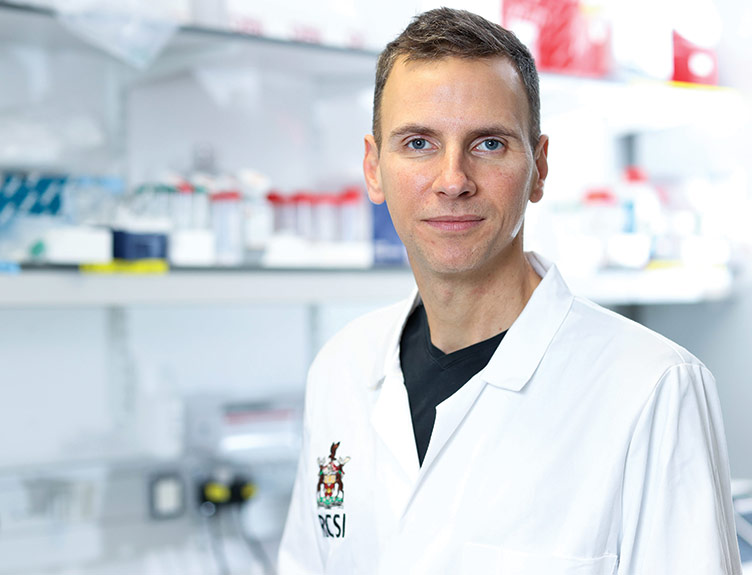Removal of fluoridation from water systems presents a risk to dental health

Children in the Republic of Ireland continue to suffer from dental decay and it is a particular problem in toddlers and young children. Their consumption of biscuits, sweets and sugary soft drinks coupled with insufficient tooth brushing plays a major part in the high levels of decay.
The potential effect of any decision by a local authority to remove fluoridation from our public water systems would significantly increase the risk of tooth decay among children in Ireland, according the Dr John Walsh, Dean of the Faculty of Dentistry, RCSI.
Speaking at the opening of an international scientific meeting hosted by RCSI, ‘Current Controversies in Dental Practice’, Dr Walsh warned: “All of the robust scientific data demonstrates that fluoridation protects against tooth decay. Studies of children’s oral health consistently showed that those living in areas with fluoridated water had 18% less tooth decay than those living in non-fluoridated areas. To ignore this evidence is taking a big health risk. Parents of children must also take responsibility for oral hygiene. Irish dental surgeries are brimming with children under seven who are already showing signs of irreparable tooth decay from over consumption of sugar sweetened drink and treats.”
Dental decay is a huge challenge worldwide, all of the evidence available to date demonstrates that fluoridation is helping to reduce the levels of this decay, however we also need to enhance awareness and education programmes in our schools, if we are to win the war against sugar. Many Irish primary schools have introduced ‘healthy eating policies’ and this is a positive step and to be welcomed. If parents can replicate this behaviour in the home and dispense with daily treats we would see positive results, added Dr Walsh.
The conference was host to over 200 local and international delegates. A wide range of clinical areas were discussed including; caries, dentine bonding, endodontics, fluoride, oral medicine, oral surgery, orthodontics, and radiology. The purpose of the event is to promote best practice and innovation, to highlight advances in clinical practice and to challenge how dentists think about their clinical practice.



